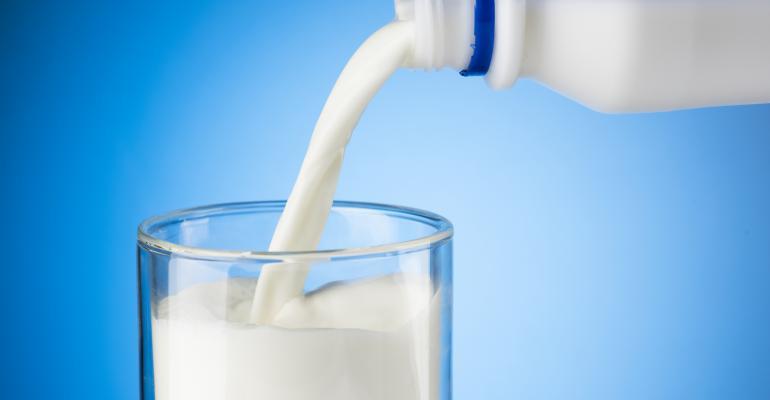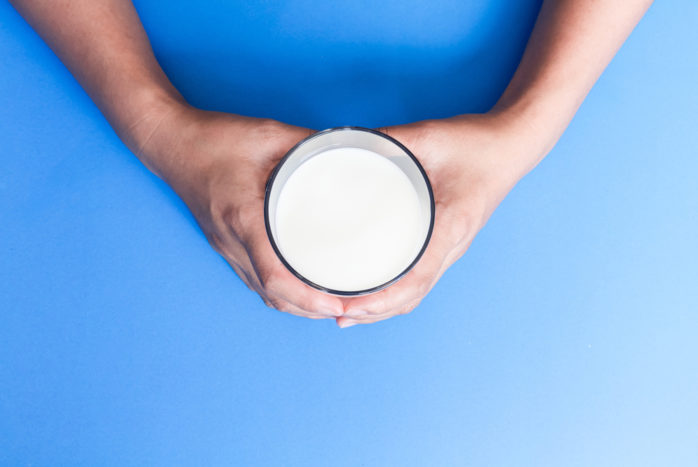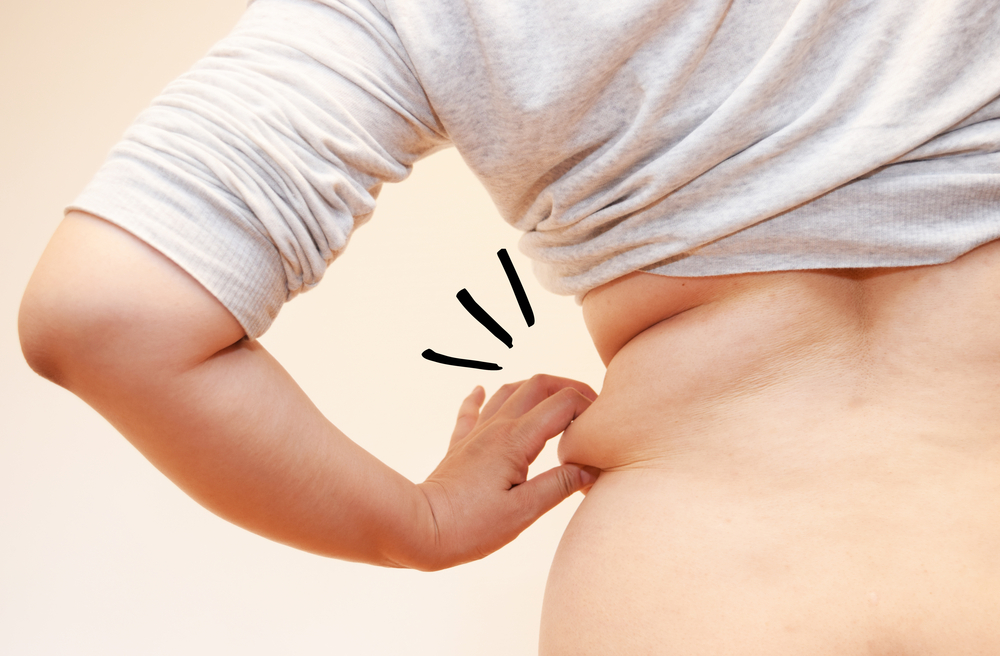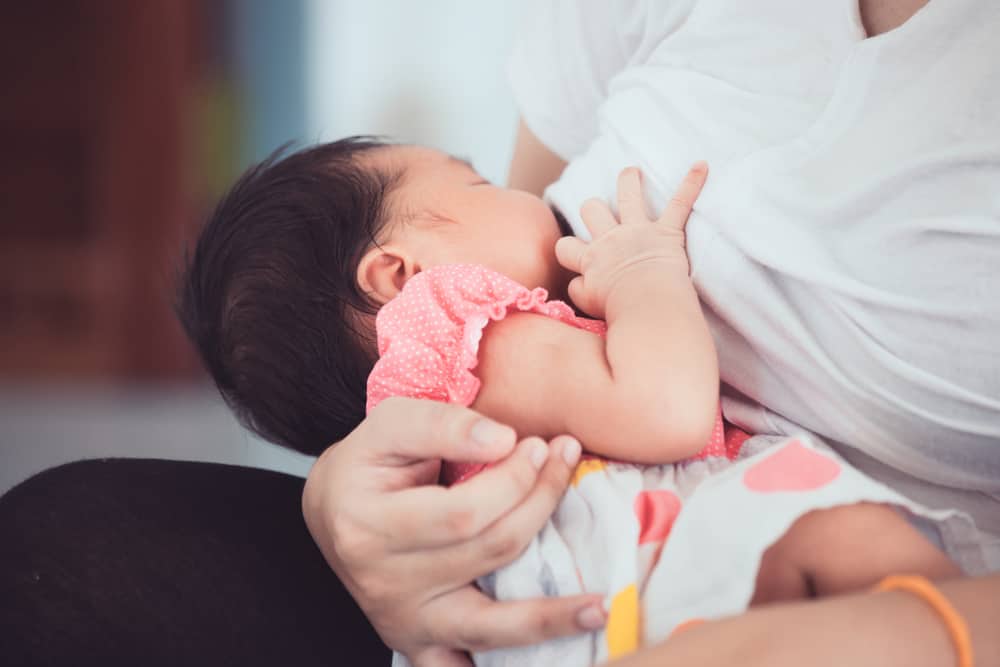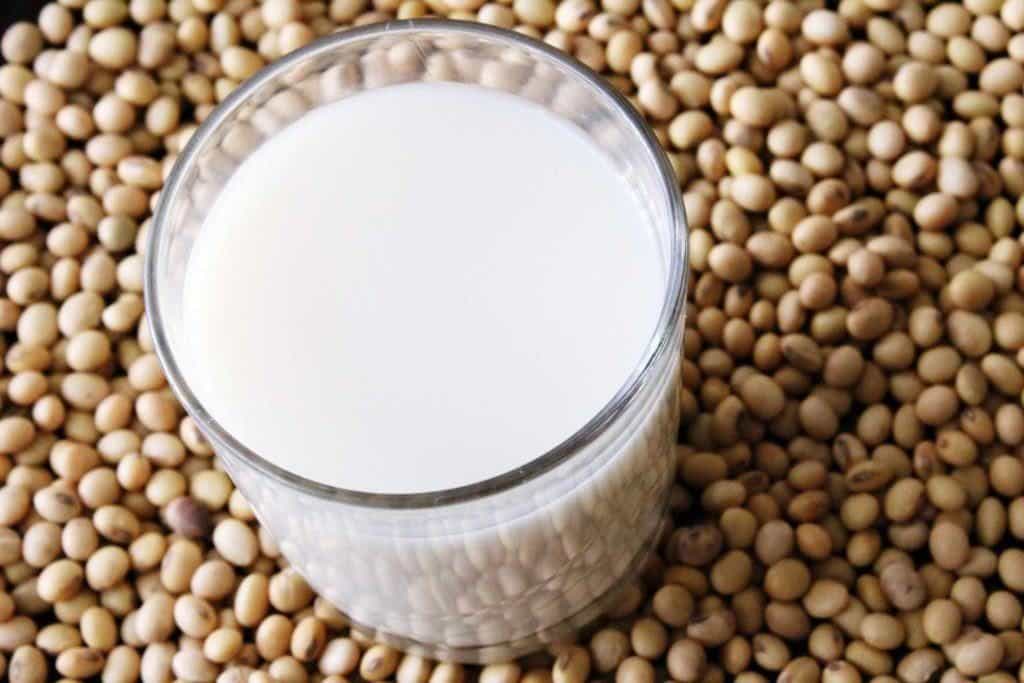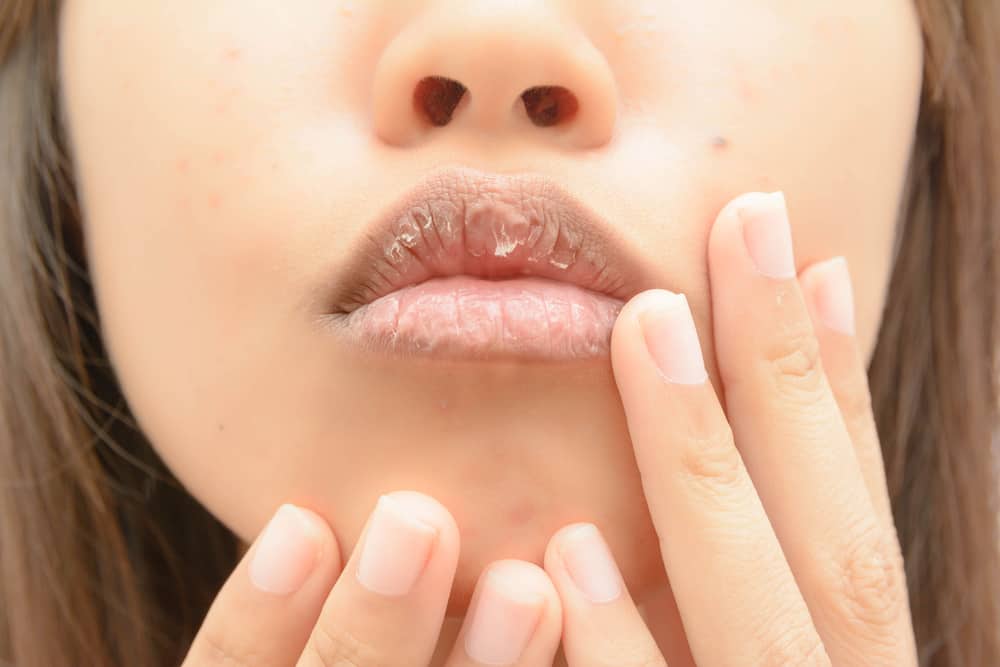Contents:
- Medical Video: Eczema & Allergies : Symptoms of Milk Allergies
- What is lactose intolerance?
- Since when can a child get lactose intolerance?
- What are the symptoms of lactose intolerance?
- How do I know if your child is really lactose intolerance or not?
Medical Video: Eczema & Allergies : Symptoms of Milk Allergies
Children who drink milk or eat ice cream are normal, even milk has become a habit of most children. Unfortunately, the milk sold in the market contains lactose, a protein that is indeed present in milk. Yes, some children, perhaps including your baby, have intolerance to lactose. If left to drink milk with lactose content, it will cause health problems. Then, where do you know if your child has lactose intolerance? Since when can it be known? Come see what are the symptoms of lactose intolerance in children.
What is lactose intolerance?
Lactose intolerance is a condition when the body only produces very little lactase enzyme which is responsible for breaking down lactose. So people with this condition will have difficulty digesting lactose.
Lactose itself is a type of sugar that must be digested by the lactase enzyme to be converted into smaller forms, namely glucose and galactose.
When the amount of lactase enzyme is insufficient, lactose will not be absorbed in the small intestine. Lactose will pass through the small intestine and then accumulate in the large intestine, where intestinal bacteria will ferment the remaining food ingredients into gas and acid.
Lactose will also be fermented in this large intestine, because it is still in a large size, eventually failing to digest and eventually arise various symptoms of lactose intolerance. Usually after 30 minutes to 2 hours after consuming a product containing lactose the symptoms will appear.
Since when can a child get lactose intolerance?
Lactose intolerance is actually not too common in infants, usually symptoms begin to appear when your child is around 3 years old.
Actually, all babies are born with lactase enzymes in their intestines. Well, when babies get older, the amount of lactase enzymes can decrease, so it needs to be produced by the body.
Babies born prematurely tend to have lactose intolerance called developmental lactase deficiency. This condition can last a few moments after birth. Even so, most premature babies who experience this condition can still breastfeed breast milk containing lactose.
In some cases, there really are those that since a baby cannot digest lactose, this is called congenital lactose deficiency. But this is very rare.
This is a condition when the baby cannot break down lactose in breast milk or formula milk. This happens because of the relationship with the genes inherited from his parents.
Babies who experience this condition can experience severe diarrhea and if not given food that is truly lactose free, this baby can experience severe dehydration to drastic weight loss.
What are the symptoms of lactose intolerance?
Symptoms of lactose intolerance that appear will depend on how much lactose enters the child's body. The more lactose that enters the baby's stomach, the more or worse the symptoms of lactose intolerance that will be felt by the child.
These symptoms can also occur in a few minutes or even hours after drinking milk or consuming products including dairy products, this also depends on how much your child can still tolerate lactose. That is, the more severe the level of intolerance, the longer the symptoms of lactose intolerance can emerge.
Some symptoms of lactose intolerance that will arise in children are:
- Nausea
- Stomach pain or stomach cramps
- Bloated
- Gummy stomach
- Diarrhea
How do I know if your child is really lactose intolerance or not?
One way to find out if your child is intolerant of lactose is to try to avoid all dairy products in children's food or drinks. Do it for at least 2 weeks to see if the disturbing symptoms disappear, or not.
After two weeks, try giving back small quantities of milk products from time to time. If symptoms of intolerance reappear. Consult your pediatrician. We recommend that you do a test to see if your child is really intolerant or not. This test is called the hydrogen breath test.


